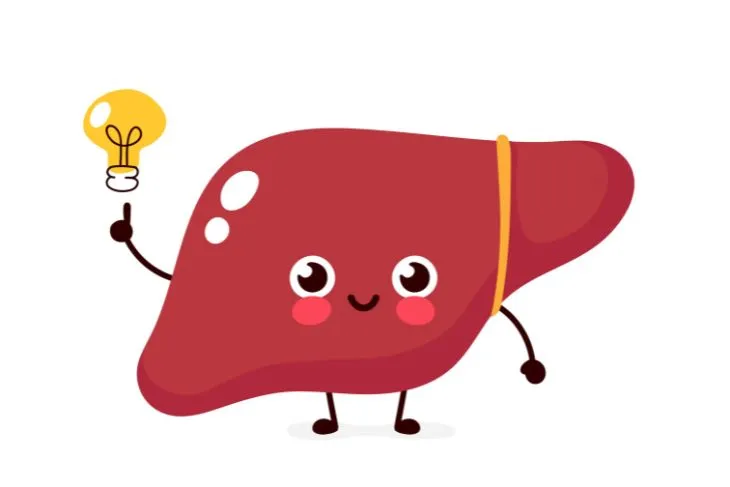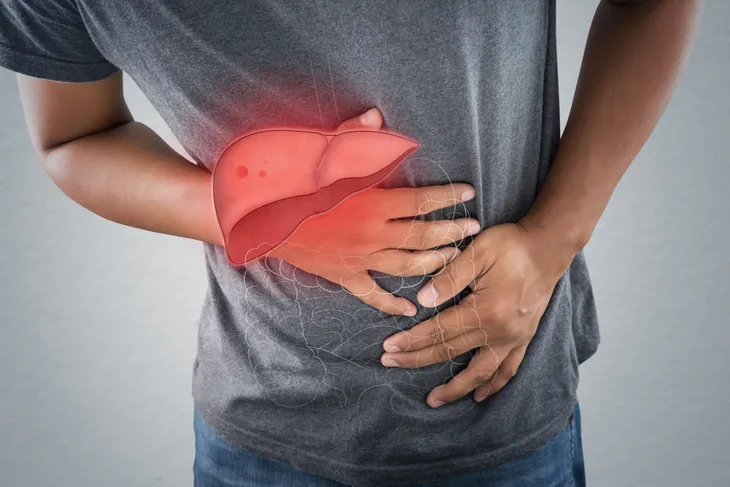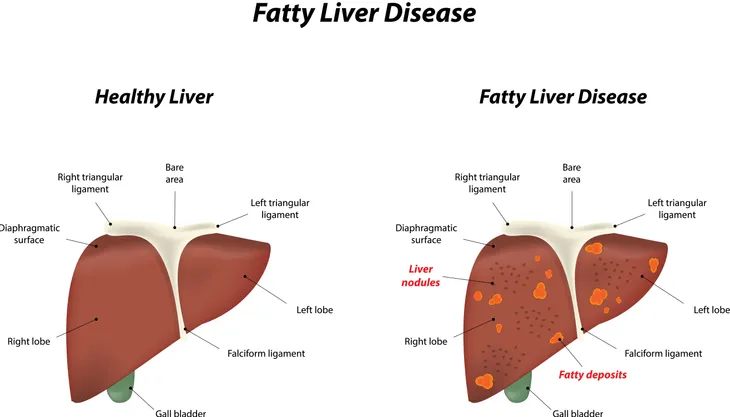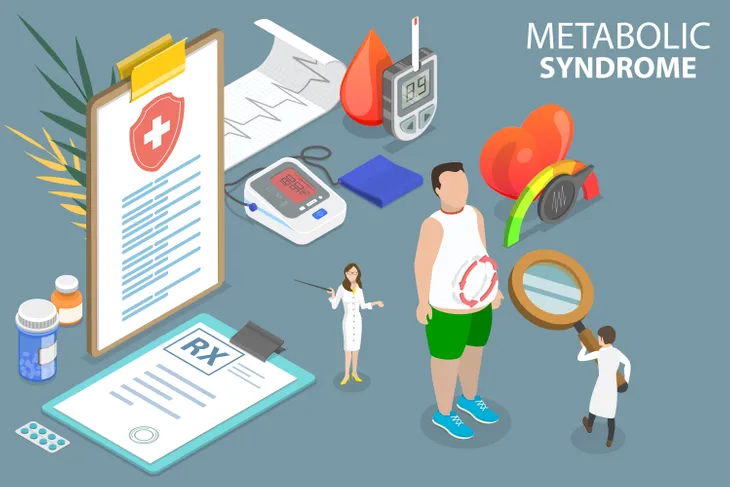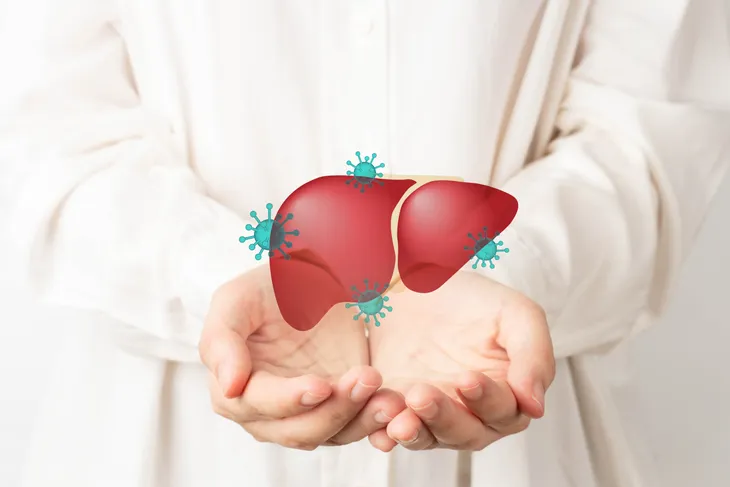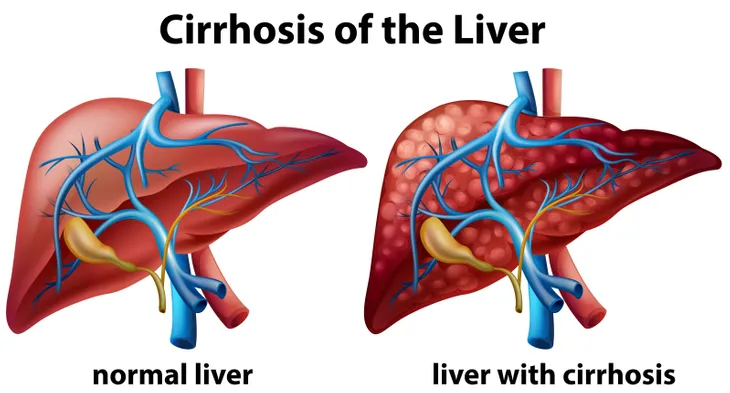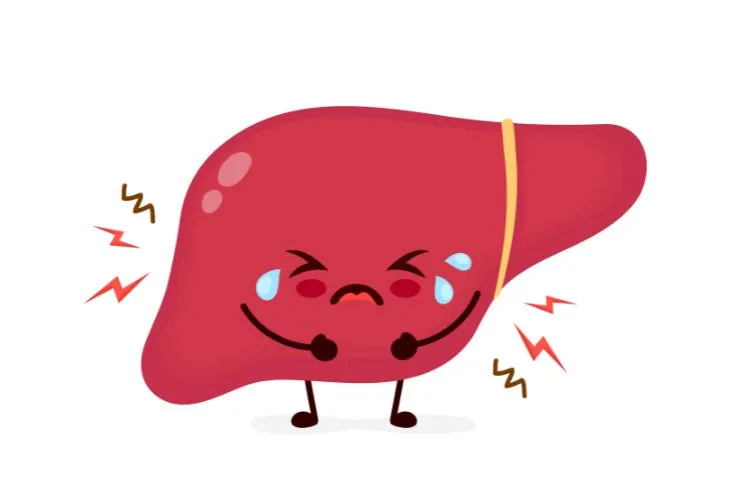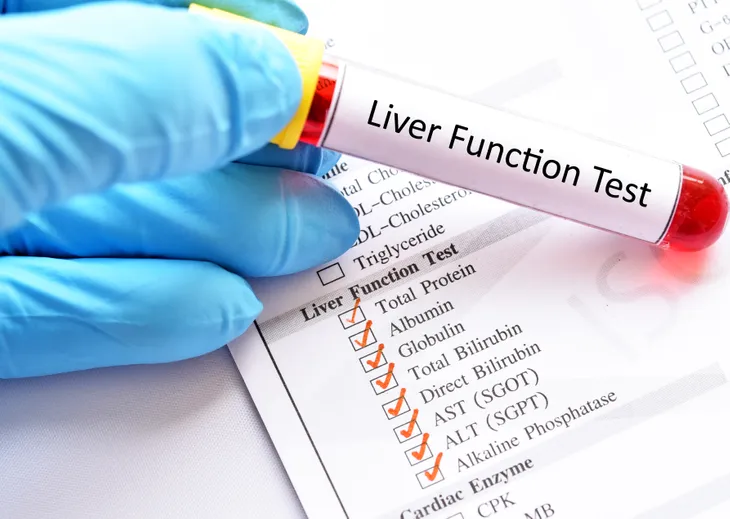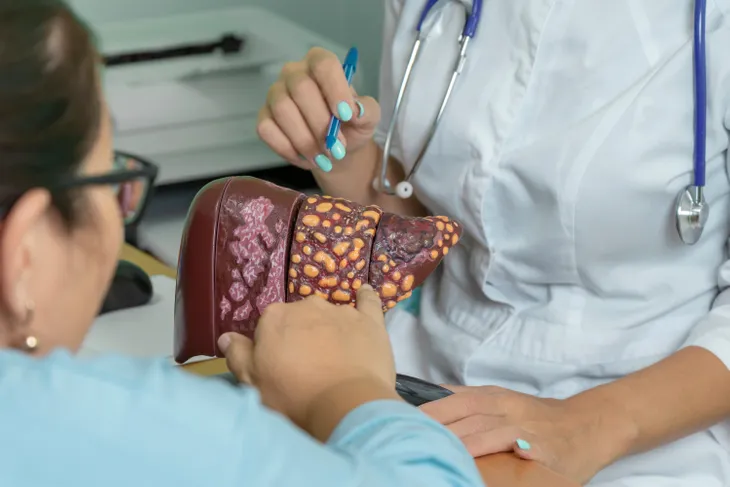- Liver enzymes are proteins that speed up chemical reactions in our body. They produce bile and substances that help clot blood, break down food and toxins, and fight infections.
- Elevated liver enzymes often mean there is inflammation or damage to the cells in the liver.
- The most common symptoms are abdominal pain, dark urine, fatigue, itching, jaundice, light colored stools, loss of appetite, nausea and vomiting.
- Treatment will depend on what’s causing elevated liver enzymes. It could be anything from a medical condition like fatty liver disease to lifestyle choices like alcohol consumption.
Elevated liver enzymes is not a term we hear very often, but that’s not because they aren’t important! A doctor will test liver enzyme levels during a liver function test (LFT) or liver panel. It can be performed through a simple blood test and is usually done during a regular check up or if a person is at risk for liver injury, damage, or disease, says the Cleveland Clinic.
If the test shows elevated liver enzymes, it often means there is inflammation or damage to the cells in the liver. “Inflamed or injured liver cells leak higher than normal amounts of certain chemicals, including liver enzymes, into the bloodstream, elevating liver enzymes on blood tests,” writes the Mayo Clinic. To learn more about elevated liver enzymes, here’s a look into the symptoms, causes, treatment options, and some preventative tips…
What are Liver Enzymes?
While we all know what our liver is and most even know its function, you’ve likely never heard of liver enzymes. So, what are they? Liver enzymes are proteins that speed up the chemical reactions in our body, explains Cleveland Clinic. “These chemical reactions include producing bile and substances that help your blood clot, breaking down food and toxins, and fighting infection,” writes the source.
Liver enzymes include the following: alkaline phosphatase (ALP), alanine transaminase (ALT), aspartate transaminase (AST), and gamma-glutamyl transferase (GGT). A liver injury or one that is simply not functioning properly, will release enzymes into the bloodstream (this is common in ALT or AST), says Cleveland Clinic.
Symptoms of Elevated Liver Enzymes
Elevated liver enzymes can sometimes be hard to diagnose because most people do not experience any symptoms, says the Cleveland Clinic. The symptoms that people do experience often depend on what the specific cause is.
If they are caused by liver damage, the Cleveland Clinic lists the symptoms as: abdominal stomach pain, dark urine, fatigue, itching, jaundice (yellowing of skin or eyes), light colored stools, loss of appetite, and nausea and vomiting. In severe cases of liver inflammation, a doctor might be able to feel an enlarged liver while doing a physical examination.
Causes
Fatty Liver Disease
Fatty liver disease is the most common cause of elevated liver damage. Everyone’s liver naturally contains fat, but if there’s too much fat in the liver it will result in (appropriately named) fatty liver disease. Most of the time, it’s a result of heavy alcohol consumption, but Healthline points out that non-alcoholic fatty liver disease is becoming more common. In the case of this condition, it’s unclear what the exact cause is but two big risk factors are obesity and high cholesterol, says the source.
This condition is often asymptomatic so people don’t usually know they have it until it appears on a blood test. Some people will experience fatigue, mild abdominal pain, or an enlarged liver that is clearly felt during a physical exam. Luckily, it can usually be treated with some simple lifestyle changes like maintaining a healthy weight, limiting alcohol consumption, and eating a more balanced diet.
Metabolic Syndrome
According to Medical News Today, metabolic syndrome is a term used to describe a group of symptoms or conditions that increase the risk of heart disease, stroke, and type 2 diabetes. These symptoms are: high blood sugar, high blood pressure, being overweight, and high cholesterol.
The occurrence of just one of these symptoms or conditions doesn’t mean a person has metabolic syndrome. However, it does increase their risk of serious disease, warns the Mayo Clinic. A diagnosis of metabolic syndrome or even the presence of any of these symptoms will likely lead to a test checking for elevated liver enzymes.
Medication, Supplements and Herbs
An important job of the liver is to break down anything and everything we consume. This includes any medications, supplements or herbs we might be taking. As a result, we need to be mindful of what we’re putting into our body because it can be harmful to the liver. Healthline points out that certain medications, supplements and herbs can be harmful, especially if they are taken in high doses. Always consult a doctor first.
The source lists the following as common medications that can result in elevated liver enzymes:
- Over-the-counter pain medications, such as acetaminophen (Tylenol) and ibuprofen (Advil or Motrin)
- Statins, such as atorvastatin (Lipitor) and lovastatin (Mevacor and Altocor)
- Cardiovascular medication, such as amiodarone (Cordarone) and hydralazine (Apresoline)
- Cyclic antidepressants, such as desipramine (Norpramin) and Imipramine (Tofranil)
You should be mindful of taking vitamin A supplements, warns Healthline. Also, herbs like chaparral, kava, senna, skullcap, and ephedra can lead to elevated liver enzymes. Anyone who is taking these medications, supplements or herbs should talk to their doctor about the potential risks, especially if they are experiencing unusual symptoms. Healthline also suggests getting regular blood tests to ensure they are not harming the liver.
Hepatitis
If elevated liver enzymes are a sign of inflammation in the liver, then hepatitis is surely one of the common causes. Hepatitis refers to inflammation of the liver, says Healthline. There are several different types of hepatitis (A,B,C,D, and E). The most common type is viral hepatitis. Healthline explains that the most common types of viral hepatitis that can lead to elevated liver enzymes are hepatitis B and hepatitis C.
These two forms of hepatitis will cause the same symptoms, the source lists them as the following:
- Jaundice of the skin and eyes
- Dark urine
- Nausea and vomiting
- Fever
- Joint and muscle pain
- Fatigue
- Abdominal pain and discomfort
- Loss of appetite
A hepatitis diagnosis, particularly viral hepatitis, requires immediate medical care. If left untreated, Healthline warns it will lead to permanent liver damage. Doctors should also check for elevated liver enzymes.
Drugs and Alcohol
Not surprisingly, the consumption of drugs and alcohol can wreak havoc on our body, especially the liver. Drinking too much alcohol or using illicit drugs can certainly lead to liver inflammation or damage, warns Medical News Today. If the liver becomes inflamed due to alcohol consumption, it’s referred to as alcoholic hepatitis. If drugs are the cause, doctor will call it toxic hepatitis, explains the source.
The symptoms associated with alcoholic and toxic hepatitis are similar to other strains of hepatitis, says Medical News Today. Any person who’s struggling with an alcohol or drug addiction will need to have a doctor check their liver enzyme levels, in addition to receiving other forms of treatment and support.
Liver Cirrhosis
Liver cirrhosis is a form of liver damage which is why it causes elevated liver enzymes. This is a serious medical condition that leads to permanent scarring of the liver which prevents the liver from functioning properly, explains Medical News Today. This condition needs to be treated immediately because it can lead to liver failure which is life threatening.
If a person is experiencing symptoms of liver cirrhosis, their doctor will definitely check their enzyme levels. The most common symptoms include fatigue and itchy skin. Medical News Today adds that people with liver cirrhosis are also at risk of developing hepatitis or fatty liver disease if their condition goes untreated.
Other Possible Causes for Elevated Liver Enzymes
We’ve already listed the most common causes, but there are many other conditions that can lead to high enzyme levels. For example, the Mayo Clinic writes that autoimmune hepatitis, liver inflammation caused by an autoimmune disease, as a potential cause. Celiac disease can also cause elevated liver enzymes. People who are celiac have damage in their small intestine from eating gluten.
Other causes the Mayo Clinic include are Epstein-Barr virus, thyroid disorders, mononucleosis, liver cancer, cytomegalovirus (CMV) infection, and Wilson’s disease (too much copper stored in the body). Lastly, sepsis (a bloodstream infection that uses up neutrophils before they can be replaced) and polymyositis which is an inflammatory disease that results in muscle weakness.
Treatment Options for Elevated Liver Enzymes
According to the Cleveland Clinic, about one-third of people who experience elevated liver enzymes will have normal levels after about 2 to 4-weeks. However, if they remain high, your doctor will likely do more testing to look into the exact cause. They’ll order more blood tests or imaging tests such as an ultrasound, CT scan, or even an MRI.
Your doctor may make a referral to a liver specialist, also known as a hepatologist. Treatment from this point on will likely depend on what is causing the elevation of enzymes in the liver.
What is the Prognosis for Elevated Liver Enzymes?
Again, the prognosis really depends on what is causing these elevated liver enzymes. As we outlined earlier in the article, the causes range from being serious diseases to simple medication changes. They can even temporarily appear, then return back to normal if the patient follows their recommended treatment (ie. losing weight, reduce alcohol consumption).
Any person who’s blood test shows elevated liver enzymes should work with their doctor to determine the underlying cause. Healthline warns that any of the above causes can lead to liver damage or even liver failure, if left untreated.
How to Prevent Elevated Liver Enzymes?
Elevated liver enzymes is a warning sign of a bigger problem. So, is there anything we can do to prevent it from happening? According to the Cleveland Clinic the medical conditions that cause elevated liver enzymes are mostly unpreventable. However, there are plenty of steps we can take to keep our livers healthy which can help reduce our risk.
You should avoid or only drink alcohol in moderation. Don’t share needles or any item that may be contaminated with blood. The source recommends eating a healthy diet and getting the hepatitis A and B vaccine. People who have diabetes need to manage their blood sugar levels and everyone should be transparent with their doctor about their medications, herbs, and supplements. Lastly, try to maintain a healthy body weight and exercise on a regular basis.

